“Dallas residents generally say they’re more satisfied than people in many other cities.”
According to the Dallas Morning News, that is the response that Mayor Rawlings gave to challenger Marcos Ronquillo during their recent debate at the Belo Mansion when Mr. Ronquillo challenged the Mayor’s misplaced priorities on the Trinity toll road issue. As Mr. Ronquillo asserted, it makes little sense to make such an expensive investment of questionable value given the evidence that the City’s urban core was crumbling – the third highest poverty rate in the nation, a public school system beset by many problems, and thousands of pot holes that residents endure on a daily basis. But are Dallas residents really more satisfied than people in other cities? A closer look at how these satisfaction ratings are produced should raise some eyebrows.
We are all accustomed to hearing of efforts to inflate performance ratings – colleges leaving out the test scores of athletes, and school districts omitting or doctoring the test scores of low performers – all efforts to inflate performance and deceive the public. Although less obvious to the public, opinion polling firms also use questionable practices to distort survey results. In reviewing the survey reports for the City’s satisfaction ratings, it turns out that the ratings are inflated because segments of City residents who are the most likely to receive poor services are excluded from the surveys. Curiously, for several years now the City has awarded the contract for satisfaction surveys to the same survey company that uses the same flawed methodology to produce the same inflated ratings. Really makes you wonder. The reports are available to the public for their own independent review.
Mayor Rawlings, you owe the public an explanation about the manner in which these satisfaction ratings are produced. More importantly, you cannot hide behind inflated satisfaction ratings that have little credibility. The public deserves to get a more reasoned explanation about your willingness to overlook the City’s crumbling infrastructure while you continue to promote the questionable investment in the Trinity toll road.

